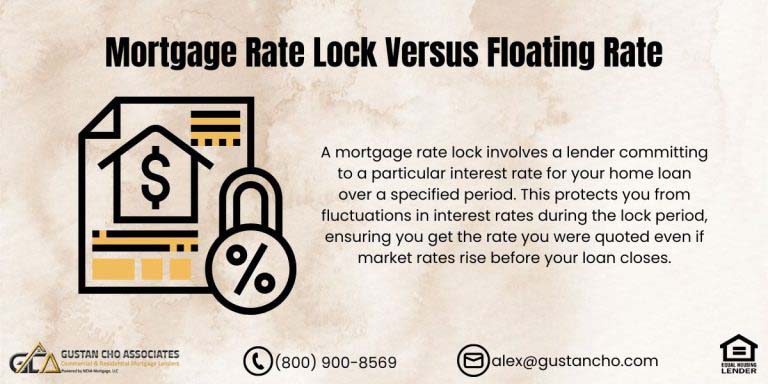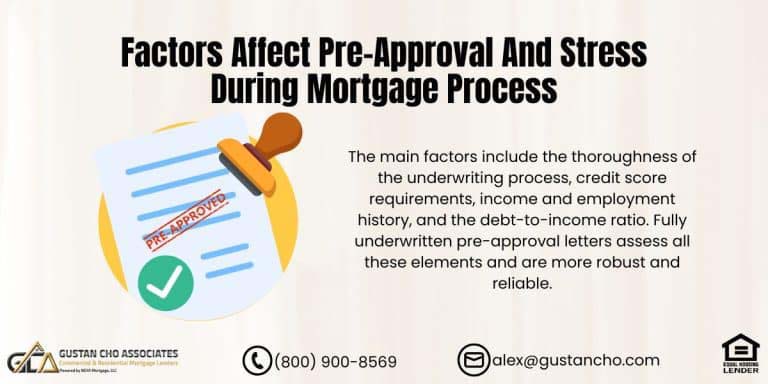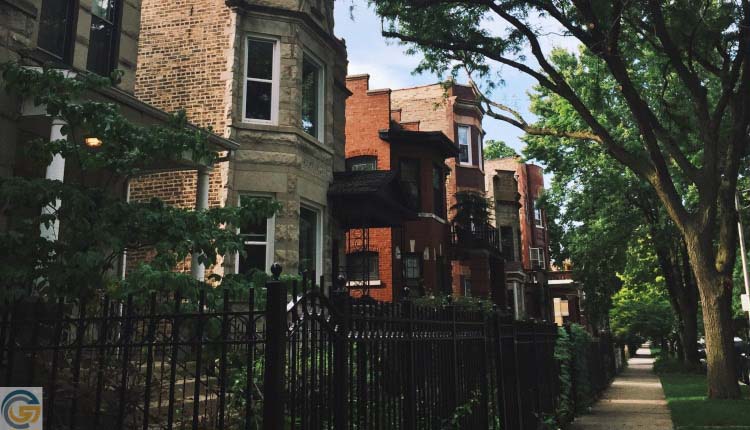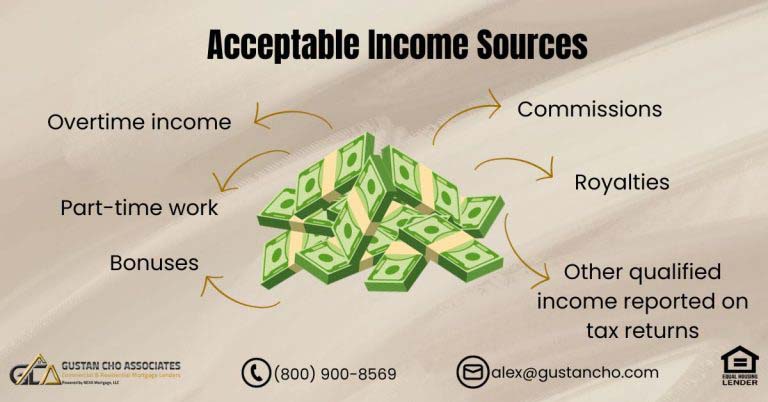This guide on how does the federal reserve affect mortgage rates was updated on June 16, 2023. Dustin Dumetre of Gustan Cho Associates updates this week’s mortgage news on his Friday weekly mortgage minutes. The team at Gustan Cho Associates had another busy stellar week with record mortgage loan applications and loans submitted.
Homebuyers still have a hard time shopping for a home purchase. Despite high mortgage rates and soaring inflation, housing inventory remains tight, with more homebuyers than available homes.
Although the bidding war on homes has dipped from last year, homebuyers are still facing fierce competition when shopping for homes. With rates surpassing 7% with loan level pricing adjustments, many homebuyers have lost buying power compared to a year ago due to high rates.
Dustin Dumestre Friday Mortgage Minutes For June 16th, 2023
Mortgage rates remain volatile, and experts do not forecast a housing market correction soon. It is still a seller’s market, with completion remaining fierce. Many homebuyers with FHA loan pre-approvals are getting shut down by homebuyers with a conventional loan pre-approval with a high down payment. Dustin Dumestre shares the following thoughts for the week:
Despite high mortgage rates, homebuyers are aggressively buying homes with the anticipation that rates will be dropping. Once rates drop, borrowers are planning on refinancing.
Most Americans believe rates fluctuate, but home prices will be increasing as time pass. The way potential homebuyers feel is if they do not buy a home now, they will be priced out of the housing market. Non-QM mortgage loans are becoming increasingly popular, especially for self-employed borrowers, real estate investors, and second homebuyers. Here are the par mortgage rates for home purchases finished off the week of June 16th, 2023. Par mortgage rates are for prime borrowers without loan-level pricing adjustments (LLPAs). Par rates are raw pricing without lender-paid compensation or pricing hits:
30-year fixed mortgage rates: 6.375%, down from 6.625%, -0.250. | 20-year fixed mortgage rates: 6.125%, down from 6.375%, -0.250. | 15-year fixed mortgage rates: 5.750%, down from 6.000%, -0.250. | 10-year fixed mortgage rates: 5.875%, up from 5.625%, +0.250
In summary, mortgage rates have come in lower than the prior week. The next week’s mortgage rate forecast remains volatile, which can go either way. High mortgage rates have put a dent in the amount of houses homebuyers can afford. Despite high rates, soaring inflation, and high home prices, the housing market remains strong and is forecasted to increase due to low housing inventory compared to the demand for homes.
Click here to get your dream home
The article below on how does the federal reserve affect mortgage rates from June 14th, 2023, has been archived and will remain on this page for future reference on past news.
This guide on how does the federal reserve affect mortgage rates was updated on June 14, 2023, by Dustin Dumestre of Gustan Cho Associates. The article on how does the federal reserve affect mortgage rates from March 16th, 2020, is posted after Dustin Dumestre’s June 14th, 2023, article ends. Here is the newest mortgage news by Dustin Dumestre: The Feds 75 Basis Point Hike: What Does It Mean for You? On June 14, 2023, the Federal Reserve raised interest rates by 75 basis points, the largest increase since 1994. Dustin Dumestre of Editor in Chief of Friday’s Mortgage Minutes, shares the following:
The move was made to combat inflation at a 40-year high. The Fed’s decision will have a few implications for consumers and businesses.
Here are a few things to remember: higher interest rates will make it more expensive to borrow money. This will likely lead to higher mortgage, car loan, and credit card interest rates. Higher interest rates could slow economic growth. As businesses and consumers borrow less money, they will likely spend less money. This could lead to a slowdown in economic growth. Stock prices could fall. As interest rates rise, the value of stocks, considered riskier investments, could fall. The Fed’s decision to raise interest rates indicates that the central bank is serious about combating inflation. However, the move could also have several negative consequences for the economy. How the market will react to the Feds’ decision remains to be seen.
What Else Should You Know About How Does The Federal Reserve Affect Mortgage Rates
How does the federal reserve affect mortgage rates is by increasing or decreasing the Fed Funds rate. In addition to raising interest rates by 75 basis points, the Fed expects to continue raising rates at its next two meetings. This suggests that the Fed is committed to taking aggressive action to bring inflation under control. The Fed also said that it is starting to reduce its balance sheet.
The balance sheet is the total amount of assets that the Fed holds. The Fed is withdrawing money from the economy by reducing its balance sheet, which will help slow inflation. The Federal Reserve’s decision to raise interest rates and reduce its balance sheet is a significant shift in monetary policy.
The Fed has not raised interest rates by 75 basis points since 1994 or reduced its balance sheet since 2014. The Fed's decision is a sign that the central bank is willing to take unconventional measures to combat inflation. It remains to be seen whether the Federal Reserve’s actions will successfully bring inflation under control.
What Can You Do to Prepare for the Feds Decision?
You can do a few things to prepare how the federal mortgage rates affect mortgage rates. Start planning for higher interest rates. If you have a variable-rate mortgage, start planning for your monthly payments to increase. If you have credit card debt, start paying it down now.
Be prepared for a possible stock market downturn. When interest rates rise, the value of stocks, considered riskier investments, could fall. Start saving more money.
How does the Federal Reserve affect mortgage rates could lead to slow economic growth. This could mean you may have less money coming in. By saving money now, you can help protect yourself from financial hardship. The Federal Reserve’s decision to raise interest rates is a significant event. It is important to understand the decision’s implications and take steps to prepare for its impact.
The following article on the guide about how does the federal reserve affect mortgage rates was written and published on March 16th, 2020:
How does the federal reserve affect mortgage rates by Dustin Dumestre: The Federal Reserve Board announced a second emergency interest rate cut on Sunday, March 16th, 2020. The Dow Jones Futures have plummeted over 5% after the Fed announcement triggering circuit breakers to suspend trading. Investors panicked after the news.
The Federal Reserve rates from 0.0% to 0.25% to lessen fears of an economic meltdown in the United States. The Dow Jones Industrial Average plummeted 2,800 plus points at the open on Monday morning, halting trading for fifteen minutes.
The Dow and other markets were down all day, closing nearly 3,000 points in the red. Panic set in on Monday for Americans due to fear of the coronavirus pandemic. Many state governors have declared a state of emergency to close restaurants, bars, and other places where crowds gather. President Trump announced the coronavirus outbreak may last into the summer months, causing the markets to tank on the downside. Many lenders are getting calls from mortgage borrowers questioning how the Fed rate cut affects mortgage rates on home loans. A 0.0% Fed rate does not mean mortgage rates are at 0.0%.
Qualify for a loan, click here
How Does The Federal Reserve Affect Mortgage Rates With Interest Rate Cuts
How Does The Fed Rate Cut Affect Mortgage Rates? Many Americans are confused about how does the Federal Reserve Affect Mortgage Rates. The Federal Reserve Board Federal Fund Rate is indirectly tied to mortgage interest rates.
The Central Bank cut its benchmark interest rate to 0.0% on Sunday in an emergency stimulus rate cut move due to the coronavirus pandemic. This marks the second emergency interest rate cut in a couple of weeks. However, this does not mean that mortgage rates will be 0.0%.
Normally, mortgage rates go lower when the Fed cuts rates in the coming days or weeks. The stock markets have been volatile and plummeting. As the stock and other equity markets freefall, the yield on the 10-year Treasury drops. What this means is mortgage rates drop as well.
Why Are Lenders Increasing Rates When Rates Are at Historic Lows?
Consumers see it all over the news that mortgage rates are at historic lows. This is true. Mortgage rates have hit rock bottom due to the stock markets going into recession territory, and the yield on the 10-year Treasury is under 1.0%.
Add the Fed is dropping interest rates to 0%. Mortgage rates should be even lower. However, mortgage rates have been increasing. Just a week ago, mortgage rates were at 3.125%.
The following day, rates skyrocketed to 4.25%. At the end of last week, mortgage rates for the same 3.125% borrower closed at 4.75%. Why is this so? Why are lenders increasing mortgage rates when mortgage rates are at a historic all-time low? This is because lenders are at full capacity. This means they are at full capacity and do not have the operations staff to process and underwrite mortgage loans. Lenders will charge high rates until all the mortgage rate locks are processed and closed. Once the locked loans clear their system and close, lenders should drop rates and price them accordingly.
How Does The Federal Reserve Affect Mortgage Rates And The US Economy
The target inflation rate is another measurement tool for mortgage rate changes. Fundamentally, before the coronavirus stock market crash, the economy was fundamentally solid. After the coronavirus pandemic, Hell broke loose in the global economy. Inflation is still under the 2% rate.
Lenders should be adjusting mortgage rates in the coming days and weeks. Today’s nearly 3,000 drop in the Dow Jones Industrial Average shocked many. Experts warn the markets will get worse before they get better.
Many homebuyers are canceling or postponing entering into a real estate purchase contract until what becomes of the coronavirus. Many fear another 2008 financial crisis, while others are panicking about losing their jobs. What good are low mortgage rates if you do not have a job and can repay your new mortgage? This blog on how does the federal reserve affect mortgage rates were updated on June 16th, 2023, by Dustin Dumestre, host of Friday’s Mortgage Minutes and How does the Federal Reserve Affect mortgage rates.










